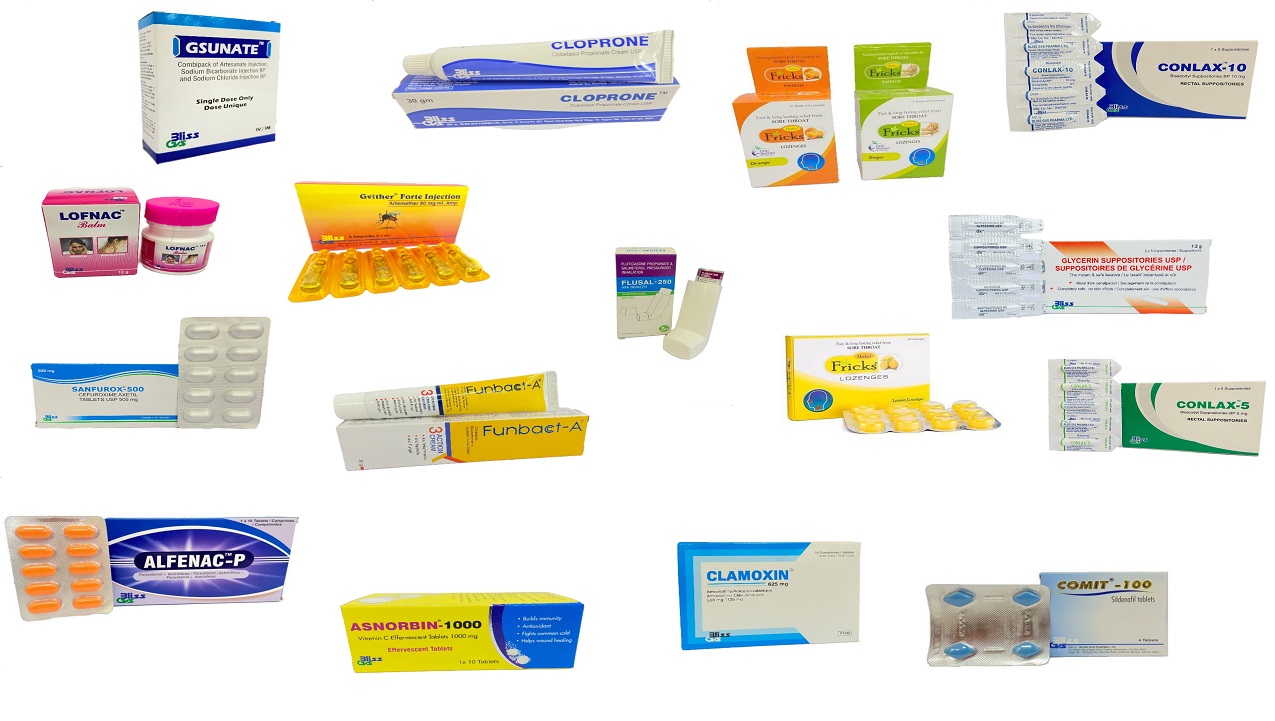· Pharma Industry in Kenya · 4 min read
Overview of Pharmaceutical Industry in Kenya
The pharmaceutical industry in Kenya is a vital part of the country’s healthcare system, providing a range of essential medicines and other healthcare products to meet the needs of the population. Kenya has a well-developed pharmaceutical industry, with a number of local and international companies operating in the market.

Overview
The pharmaceutical sector in Kenya is regulated by the Pharmacy and Poisons Board, which is responsible for setting standards and policies for the production, distribution, and use of pharmaceuticals in the country. There are also a number of professional organizations, such as the Kenya Pharmacists and Poisons Board, that work to promote the responsible use of pharmaceuticals and protect the interests of pharmacists and other healthcare professionals.
According to data from the World Bank, the total value of the pharmaceutical market in Kenya was approximately $506 million in 2020, which represents a significant portion of the country’s healthcare sector. The market is expected to continue to grow in the coming years, driven by factors such as population growth, increasing demand for healthcare services, and efforts to improve access to essential medicines.
The Kenyan pharmaceutical market is also an important contributor to the country’s economy, with a number of local and international companies operating in the market and generating significant revenue and employment. The sector is regulated by the Pharmacy and Poisons Board, which sets standards and policies for the production, distribution, and use of pharmaceuticals in the country.
Hurdles
- Shortage of trained personnel: There is a shortage of trained and qualified personnel in the pharmaceutical industry, which can impact the availability and quality of healthcare products.
- Limited access to essential medicines: Many parts of Kenya have limited access to essential medicines, which can impact the ability of the population to access the healthcare they need.
- Challenges related to the supply chain and distribution of pharmaceuticals: The supply chain for pharmaceuticals in Kenya can be complex and subject to various challenges, such as inadequate infrastructure and transportation, which can impact the availability and affordability of these products.
- Quality control: Ensuring the quality and safety of pharmaceutical products is a major challenge in the industry, and there are ongoing efforts to improve quality control and regulatory systems to ensure the availability of safe and effective products.
Tailwinds
- Developing and marketing innovative and high-quality pharmaceutical products: With a growing population and increasing demand for healthcare services, there is a need for new and improved pharmaceutical products that can address a range of health concerns.
- Expanding distribution networks and increasing access to essential medicines: Many parts of Kenya have limited access to essential medicines, and there is an opportunity to expand distribution networks and improve access to these vital products.
- Developing partnerships and collaborations: There are opportunities to partner with local and international organizations, such as research institutions and non-profit organizations, to develop and market new pharmaceutical products and improve access to healthcare.
- Investing in research and development: With a growing focus on research and innovation in the pharmaceutical industry, there is an opportunity to invest in research and development projects and bring new products to market.
- Providing training and capacity building: There is a need to build the capacity and skills of personnel in the pharmaceutical industry, and there is an opportunity to provide training and professional development programs to support the growth and development of the sector.


